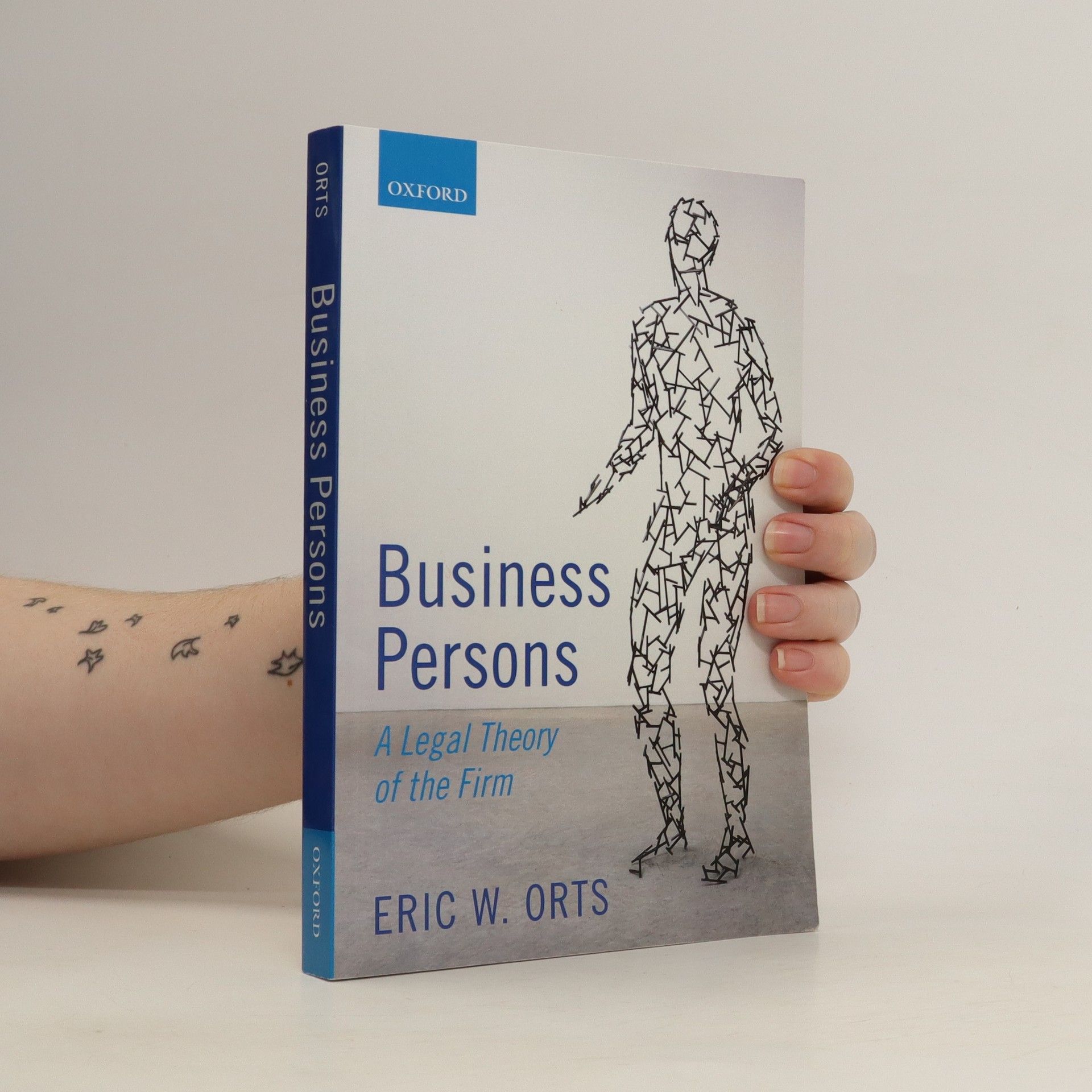More about the book
Business firms are ubiquitous in modern society, but an appreciation of how they are formed and for what purposes requires an understanding of their legal foundations. Intended for general readers, as well as students and policy markets, Business Persons provides a scholarly and yet accessible introduction to the legal framework of modern business enterprises. It explains the legal ideas that allow for the recognition of firms as organizational "persons" having social rights and responsibilities. Other foundational ideas include an overview of how the laws of agency, contracts, and property fit together to compose the organized "persons" known as business firms. The institutional legal theory of the firm developed embraces both a "bottom-up" perspective of business participants and a "top-down" rule-setting perspective of government. Other chapters in the book discuss the features of limited liability and the boundaries of firms. A typology of different kinds of firms is presented ranging from entrepreneurial one-person start-ups to complex corporations, as well as new forms of hybrid social enterprises. Practical applications include contribution to the debates surrounding corporate executive compensation and political free-speech rights of corporations.
Book purchase
Business persons : a legal theory of the firm, Eric W. Orts
- Language
- Released
- 2015
- product-detail.submit-box.info.binding
- (Paperback)
Payment methods
No one has rated yet.



